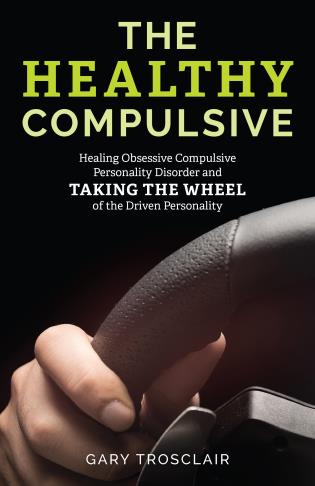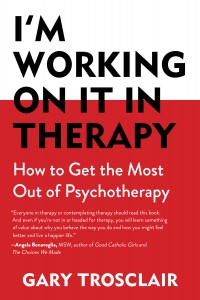
There’s an increasing amount of research which suggests that spending at least two hours each week engaging with nature improves our well-being. And because of the epidemic of Nature Deficit Disorder (yes, it’s a real thing), an increasing number of healthcare professionals are even prescribing time in nature. This research implies that it’s beneficial for everyone, but there’s good reason to believe that it can be particularly beneficial for people who are driven, Type A, and obsessive-compulsive, because they’re faced with certain mental and physical challenges that being in nature can help with. Spending time in nature can help to balance a personality that is weighted far too heavily on the side of control, planning, perfecting, achieving and fixing.

Anxiety dreams may seem simply like a nuisance at first glance. But slow down and pay attention and you might find they have something to tell you about how you are living and how you see your world. Issues of avoidance, authenticity, and being tested can all show up in anxiety dreams. Seen as a source of wisdom, these dreams can lead you in new directions should you choose to engage with them.

Do you ever feel physically and mentally exhausted from trying to make things go a...

News Flash: After decades of getting people to trust their gut, build confidence in themselves,...

Being frugal can either enhance or undermine our well-being. Depending on why we do it...

I recently finished therapeutic work with a man whom I’ll call Fred. His story addresses...

Many people wonder how they became controlling, driven, and perfectionistic. Or, to use the clinical...

The doomed attempt to fix, perfect, and control puts your body on constant high alert. It feels like, “This is an emergency! A threat to my well-being!” Your death grip on the way you think things should be not only keeps your muscles tense much of the time, it also leads you to produce lots of the stress hormone cortisol. The compulsive disposition—fixing, perfecting and controlling–can be healthy and productive when used consciously. But if you’re too often at odds with the way things actually are, it can also lead to chronic stress. You communicate unwittingly to your body that there is danger ahead if things don’t go as you think they should go.

Compulsives and perfectionists often feel responsible for making sure that things don’t go wrong. We’re naturally more meticulous, future-oriented, and risk averse. And all of those tendencies serve a very important function in relationships. But we need to be smart about how we use these tendencies. Without flexibility, they hurt more than help.

[Available in audio format at Google Podcasts and Apple, and Spotify.] As I’ve gotten to...













